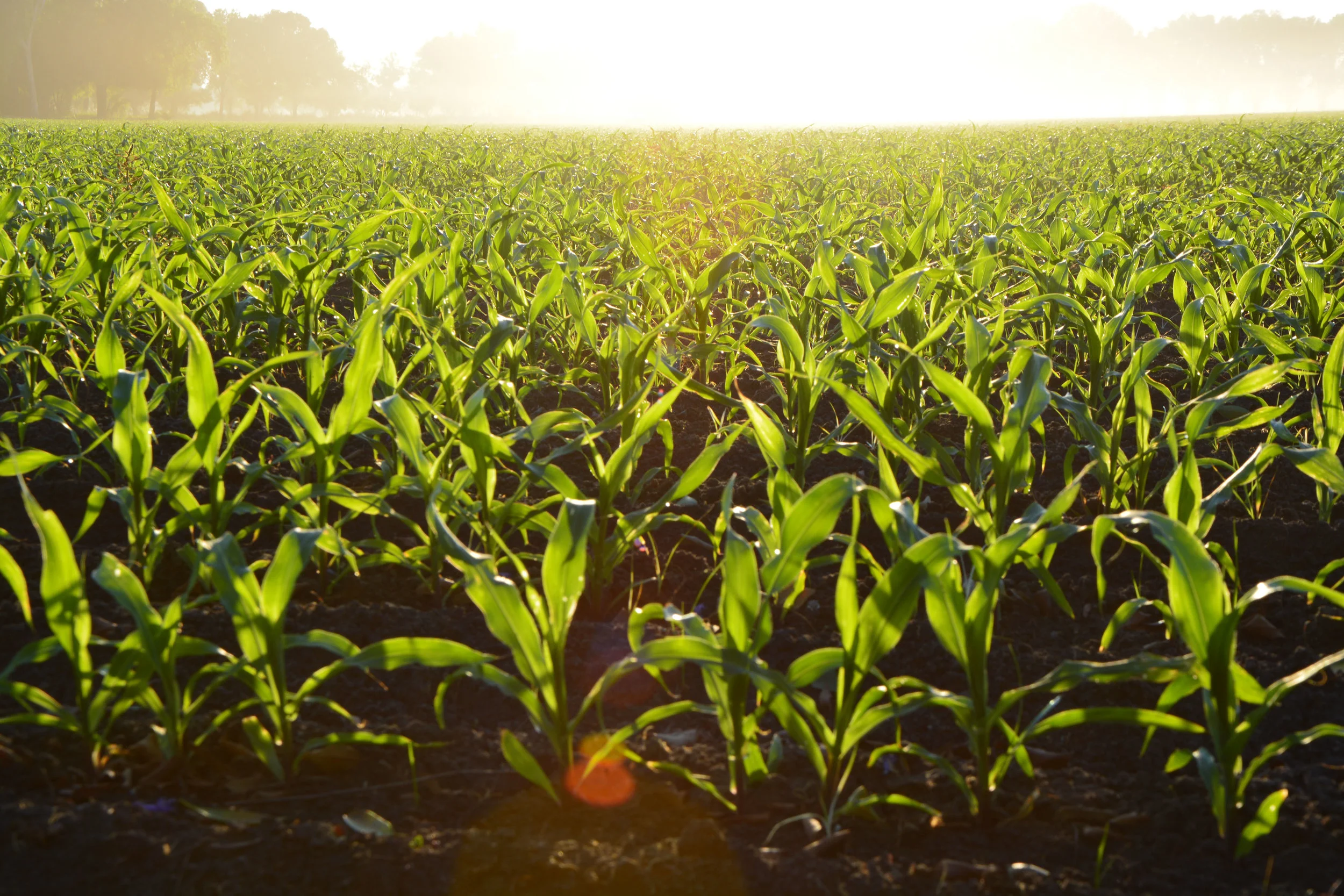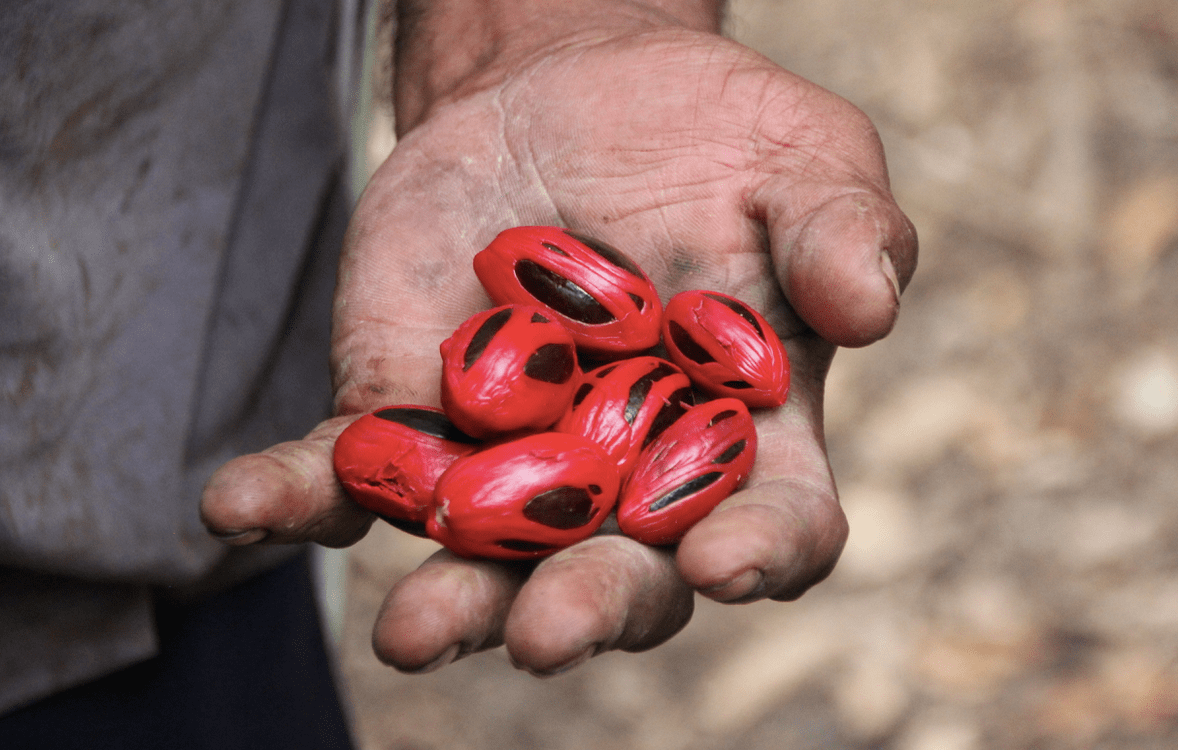The Power of Agriculture
Until recently, my knowledge of agriculture was based almost entirely on Age of Empires.
Dirt, plow, seeds, water, sunlight, growth, harvest, repeat.
I got all that.
It wasn’t until I joined Business For Development that I understood why agriculture is such a powerful force for social change, and why it can literally mean life or death for families in the developing world.
My colleague Paul Voutier explains it simply:
"In these parts of the world, economic development IS agriculture.
Agriculture IS economic development."
Why?
A few reasons:
Agriculture is self-employment
A farmer can decide plant whatever they want, and work whenever they like.
No boss, no contract, no punch-clock, no getting fired.
It also allows the whole family to contribute, especially during planting and harvest times (although this is not always a good thing).
Agriculture means self sufficiency
A family’s garden doesn’t function like a typical western farm, instead it’s more like a mini grocer. Fruits grown in one corner, vegetables in another.
A family might grow six or eight different crops, allowing them to eat a varied diet.
Agriculture brings choice
There’s not just one option for farming families, there’s a range of crops that can work.
They can plant staple crops to eat, or cash crops to sell.
You can grow chili, nutmeg, macadamia, pineapple, cocoa, mango, peanuts, watermelon, cassava, potato, coffee, whatever you like.
Agriculture rewards diligence
Your land can provide you with some crops, or a lot of crops, depending entirely on how much work you put in.
If you apply yourself, you are rewarded with increased yields, healthier crops and more disposable income.
Agriculture gives food security
In these parts of the world, life is good…until it isn’t.
You meet the happiest people - so content and grateful.
The problem is, when things go wrong, there’s no safety net.
A flooded road or an injury can completely cut off your income.
Having a garden full of food brings great comfort, because you know exactly where your next meal is coming from.
It also makes potato more appealing than coffee – while it may be more valuable on the open market, good luck eating a handful of coffee beans for dinner.
Now some downsides are emerging. Agriculture can be really hard.
One fell swoop
A drought, flood, crop disease or pest can decimate everything you’ve grown – often without warning.
This is the flipside of food security – you also have all your eggs in one basket.
Land is limited
In some countries, land is hard to come by.
Farmers have to work harder and smarter if they want to increase their earnings, making the most of what they’ve got.
Isolation
Let's say you’re a farmer in a remote mountain community.
Where do you sell your produce?
To the other 15 families in the village?
What if they already grow the same crops as you?
What if they already have enough chili?
Just because you can grow it doesn’t mean there’s a use for it, and the nearest road might be a six hour walk away.
Lack of training
Say a university in Florida works out a way to lift a crop’s yield by 30%.
So what?
Unless someone brings that knowledge into the local communities, in a way that is appropriate, respectful and accessible, nothing will change.
Change means risk
For a farmer to switch crops, she takes an enormous risk.
That land could be used for what she’s currently growing, something known and comfortable. Yes, planting sweet corn could be great, but what if it fails?
Suddenly her family doesn’t have enough to eat.
These are gambles that you and I don’t have to make.
That’s why so much of our economic development work in centred on agriculture – because of the leverage.
If you can teach a farmer to plant their crops more densely, they’ll have larger harvests without needing more land.
If you can supply them with better quality seedlings, each plant will grow better and larger fruit.
If you supply them with good fertilisers, the soil won’t run out of nutrients.
If you provide long term support, you decrease the risk attached to trying something new.
If you connect farmers with a buyer, they’ll happily plant high value “cash crops”
These changes, when put together, can empower farmers to increase their incomes dramatically – as in a 5x increase.
The same plot of land, when well maintained, with the right seeds, and with a buyer, can suddenly lift a family out of extreme poverty.
Farmers still have freedom and choice about how they work – the more they put in, the more they get out.
This means everyone can win – nobody has to lose.
The new cocoa that’s planted might end up on your Malteasers in 2019.
The stevia might end up in your Coke Life in a few months.
Farmers aren’t asking consumers for a favour, they’re simply filling a market need.
That’s why getting agriculture right is so important – good training today leads to a lifetime of higher incomes, and therefore better lives.
Forget “teach them to fish”, teach them how to farm.













